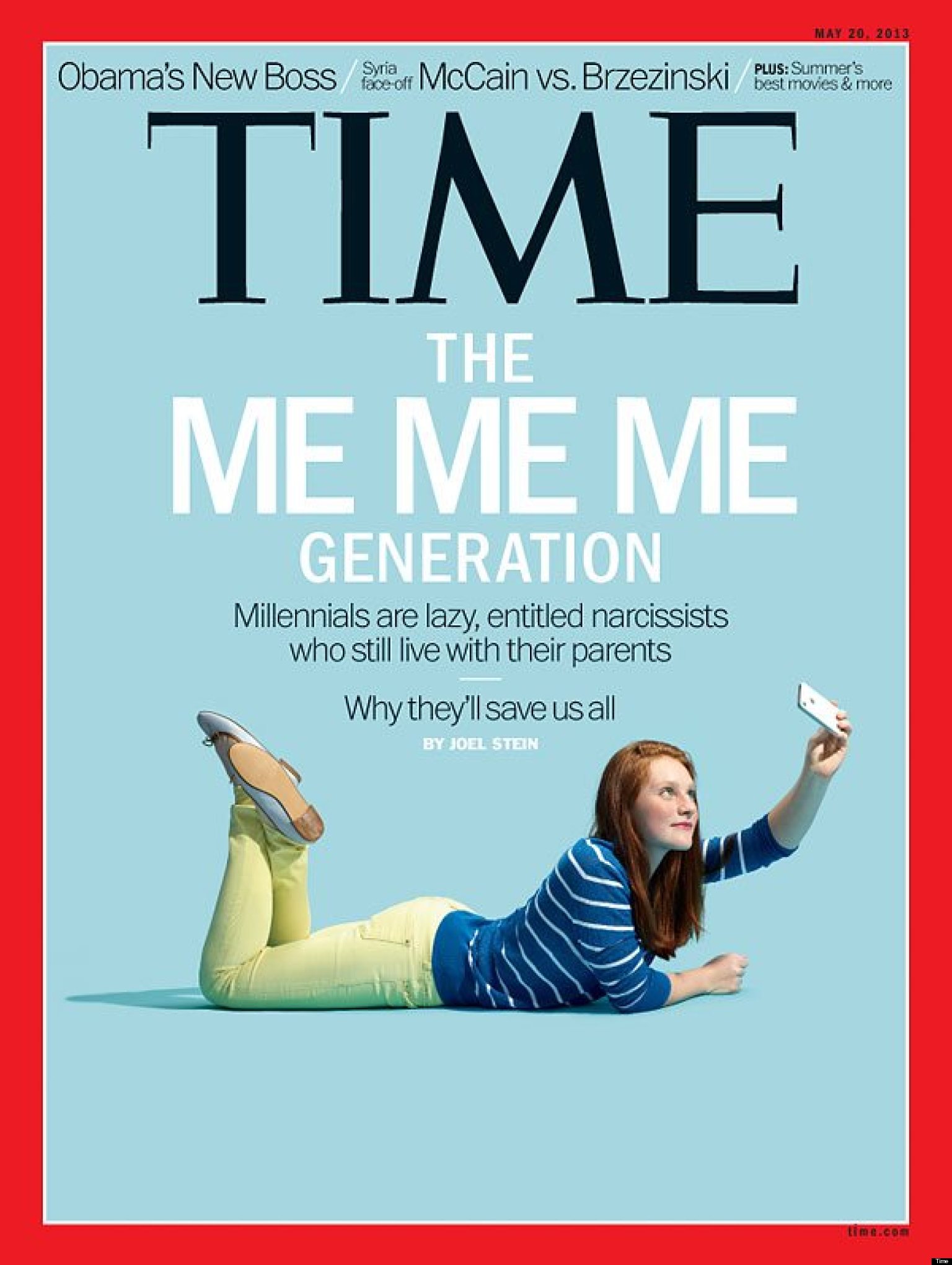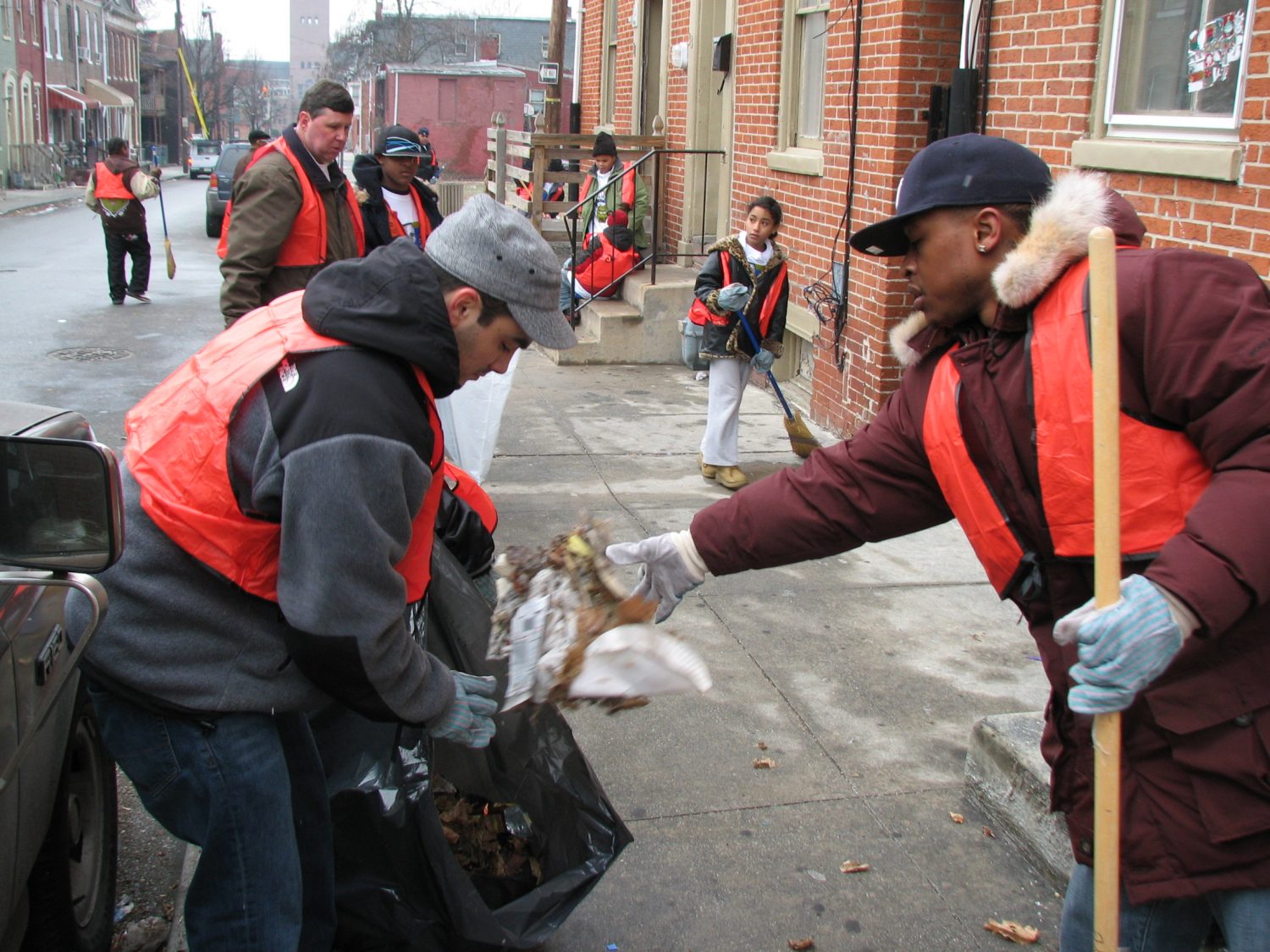Before I begin, I sometimes wonder if these posts are just pointing out the obvious. I don't know if I'm ever really revealing some groundbreaking revelation that could potentially change the landscape of our lives as we know it. I think, more accurately, I'm for the most part merely using these posts to serve as a reminder for the obvious. Just because something is staring at you directly in the face doesn't mean you'll necessarily notice it. We can all be blind to the conspicuous; it's human nature.
This string of posts, thus far, has seemingly been a journey to finding the path that leads to a happier, more fulfilling life. This pursuit, though, isn't simply for a selfishly fulling life - although remnants of that remain - but instead I'd argue that it's a goal towards a universally fulling life. This fulfillment that I'd like to achieve would permeate. As I've said before, I tend to believe change often happens through a domino effect. Think about it in terms of modernity: A YouTube sensation doesn't instantly become popular. It takes one or a group of people to take notice, which leads to a certain domino effect. Once one falls and sets motion in place, more fall consequentially and notoriety ensues. Even with this blog, for instance, it took some friends to take notice and then they helped spread the word, which made for more readership. So, after that long winded thought, let's get at it.
I believe that finding the middle ground in most scenarios is a vitally important component to find fulfillment and happiness. I know that can be difficult sometimes especially when you've been raised to think one way or just have the personality traits to think another; however, I feel like amiable positions form from the middle ground. Sometimes, yes, one needs to take a notion to the extreme to cause necessary change, but generally speaking extremes are called extremes for a reason.
I feel as though life is and has always been about finding balance. People are always trying to find a certain balance in their lives. For sanity purposes, many try to balance work and social lives, school and social lives, etc. Sometimes you have to balance friends, activities, or even something as trivial as TV shows.
It seems as though a lack of balance is what causes problems. Sides bickering for ultimate dominance of the situation, which leads to nothing necessarily productive in the end. I know we all have pride and want to be right, but it doesn't always work out that way. Sometimes, we are getting in our own way.
This search for the middle ground, or balance, takes many forms and could be exemplified in various situations. I'll give you an example of something I'm trying to find balance with in my own life:
I've really tried to be adaptable and easy going as I've gotten older. If you know me, I'm one of the easier people to please. I tend not to be picky and rather acknowledge the situation for what it is. You offer me food, I'll eat it. You need help, I'll help. Unfortunately, while I think this aspect of my personality is amiable and has allowed me to sustain many friends and gain many others along the way, it has also hurt me at times. I think, more often than I'd like to admit, I get too complacent. For the most part, I'm totally with just going with the flow. At the end of the day, I'd rather enjoy myself and my company rather than worry about the ultimately trivial details. However, this complacency can be dangerous. I've found myself put into situations that I really didn't want to be in or that weren't the most providential because of my complacency. Basically, I tend to open myself up to getting used at times. While I like my ability to go with the flow, I also understand that sometimes I need to take a more aggressive stance or even definitive stance. I can't constantly put myself in precarious situations just to appease. YOU CAN'T APPEASE EVERYONE!
Problematically, I can tend to say yes before really thinking about the situation because I so desperately want to make others happy. Again, I don't think it's a necessarily bad trait, but it's something that can really put me in a pinch at times. I recently agreed to doing a task for someone at a lower cost when I may have to put off a better opportunity because of this task. I'm sorry for the vague description, but for certain reasons that had to be vague. Anyways, I basically now realize I've agreed to allow myself to be used. It's frustrating. This situation is a situation that makes me realize I need to find more balance. I should have thought about myself more before blindly agreeing.
You may be questioning how me becoming more selfish makes for a more fulfilling world for others. Fair. I'd counter it by saying that I'm not really sure my heart is totally in this task now. I'm worried I may not give my best effort because of the precarious situation I've been place in. I now I'm a hard worker and will not let myself slack off, but I could potentially be hurting this vendor even though I've agreed to help. If I would held a better state of mind from the get go, they wouldn't be set with certain expectations. It probably would have been more beneficial to everyone involved.
We all have ideas, notions, opinions, etc. I'm always baffled as how to we know who is more correct. We think we know the answers, but do we really? This questioning has lead me to search for this balance because I think within each opinion lies bits of truth. Together, we may just find the answer. It goes back to a button my high school used to give out: God doesn't make junk.
I tend to feel that if we could find common grounds or be more accepting, things would be better. It'd be swell if we could search for and work for such a stance. The thing about stereotyping is it's cheap, but can serve some purpose. For instance, many times you hate people from your rival school simply because they are from your rival school. While a person can very well exemplify traits of the negative aspects of said school, that person is similarly an individual who carries distinctive traits. As a left-handed person, I'm supposed to be more right brain oriented and thus creative. While I posses the ability to write (I think), I cannot draw to save my life and many times I feel like I operated on a more analytic sense, which is a left-brain thing to do. Etc. Etc. Etc. There are two sides to a coin for a reason and the odds of the coin landed on one side is fifty percent for a reason. No one side, usually, is in nature better than the other.
It's great that someone can talk to others with ease, but without an ability to listen you're talking alone. It's great to be a good listener, but without a voice you remain stuck and faceless. It's a difficult search to find empathy and ability to adjust and adapt. Ultimately, though, I think it's worth it. We can't carry such heavy extremes around and expect auspicious results. That's also something I've learned lately. I can carry the same expectations of everyone I encounter. I should carry expectations, yes, but I need to also be adaptable. I need to find that middle ground; otherwise I get crushed. Certain people are who they are and you need to accept that. Doing so makes your time with them that much more enjoyable. For instance, I have some friends who simple don't go out and who aren't active with the social life. It was frustrating, but understanding and accepting that that is their personality has allowed me to not get so flustered and enjoy what makes our friendship enjoyable.
This post may have gone mercurially everywhere. I apologize that this has been more of a regurgitation of many thoughts in a sporadic order rather than a nicely laid out series out logic. I think, or hope, though that this thought makes sense. I can be a nice driver who lets people get over into the next lane every time or I can be a jerk who gets mad at others for cutting me off/I could cut everyone off, but both scenarios are dangerous. It's about situational adaptation and perception, I think. I'm may be a fool, but I really tend to hold on to hope we can make tomorrow better today. I think a great place to start is working towards figuring out how to find balance.






























